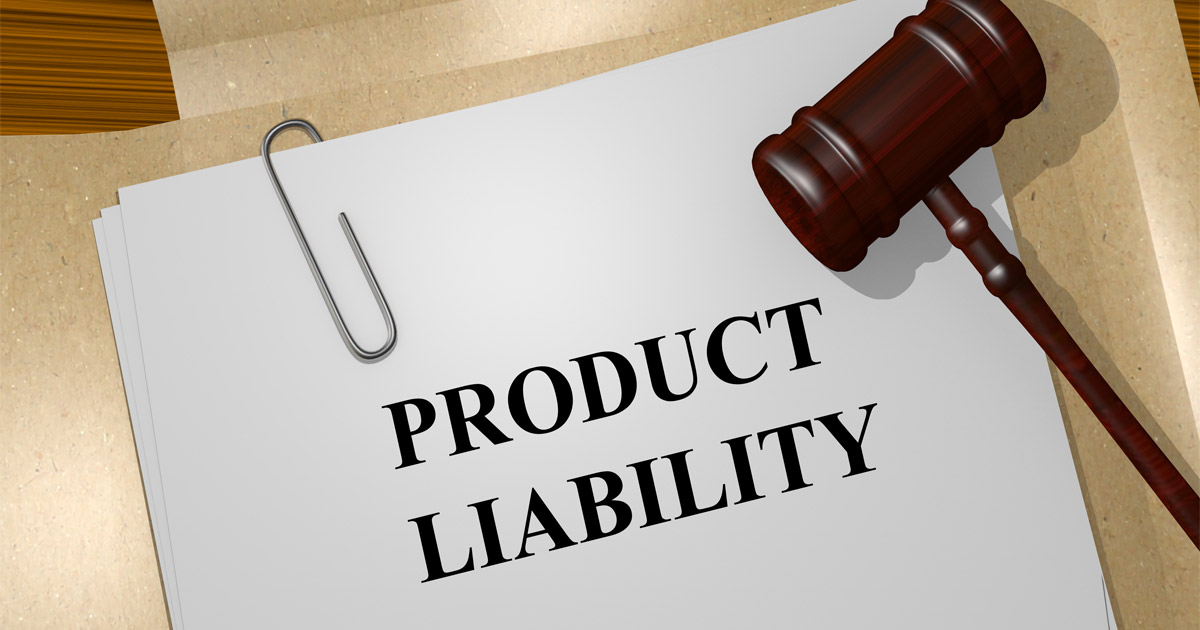Mislabeled foods, also known as food fraud, is the deliberate mislabeling of food products for financial gain. This type of fraud attempts to deceive consumers on what the product or package actually contains. In the last year, the amount of fraud cases has increased by 60 percent. Approximately, 80 percent of foods are regulated by the Food and Drug Administration (FDA), but this does not cover every product that is offered to consumers. Food fraud, mislabeling, and cross-contamination are grave concerns and have become serious problems within food and health industries.
If food ingredients and additives are not identified on packaging, consumers may not be able to tell what they are eating until it is too late. Further concerns that experts found with mislabeled foods include:
Harming of Consumers: If a food product is mislabeled, this could harm those who have food allergies, which could induce anaphylaxis shock when in contact with certain foods. The eight most common allergenic foods include milk, eggs, fish, shellfish, tree nuts, peanuts, wheat, and soybeans.
Religious and Dietary Exemptions: Some consumers buy products that conform to their religious and dietary lifestyles. If a product is mislabeled, this could cause potential health and wellness problems.
Harmful Diseases: Experts are also worried about the potential for diseases to be spread through the mishandling and mislabeling of foods. This process could cause unwelcomed bacterial growth and spread illnesses to consumers.
Labeling Issues: If the label is difficult to read or the wrong label is on a product, this can be extremely dangerous to the buyer and consumer. Also, it is common to see the wrong expiration dates or false information on mislabeled products.
Food Fraud Database
The Food Fraud Database contains a collection of records of food fraud cases that are available for consumers to view. Unfortunately, this database does not have information about foods and products that are currently on the shelves. Due to this, it is hard to pinpoint food fraud due to the increasing number of items that are introduced to the market, which causes serious concern. A few of the biggest offenders of food fraud include:
- Honey
- Olive Oil
- Saffron
- Milk
- Orange Juice
- Coffee
- Fish
Fish has quickly become one of the most common products to be reported as fraudulent. If you order a certain type of fish at a restaurant or grocery store, there is a strong chance that you will be getting something else. The mislabeling of fish and seafood has been occurring on a global scale. Oceana, a marine conservation nonprofit organization, has been monitoring this issue and continues to test the species of fish that are often mislabeled or misused.
How to File a Products Liability Claim
Food fraud and mislabeling are considered products liability and can result in class action lawsuits. If you suffered an injury due to food fraud or mislabeling, there are a few steps you can take to ensure you receive proper compensation. Always keep receipts and labels that are associated with the product. Also, save all hospital bills and medicine receipts for future reference. Due to the complex nature of a food product lawsuit, it is in your best interest to contact a products liability lawyer.
Philadelphia Products Liability Lawyers at McCann Dillon Jaffe & Lamb, LLC Fight for Your Rights
If you were injured due to food fraud or mislabeling, contact one of our skilled Philadelphia products liability lawyers at McCann Dillon Jaffe & Lamb, LLC immediately. Our experienced lawyers will work with you to ensure that your case is well represented. Contact us online or call us at 215-569-8488 to schedule a free consultation. From our offices in Philadelphia, Abington, and Media, Pennsylvania; Wilmington, Delaware; and Haddonfield, New Jersey, we serve clients in the surrounding areas.


